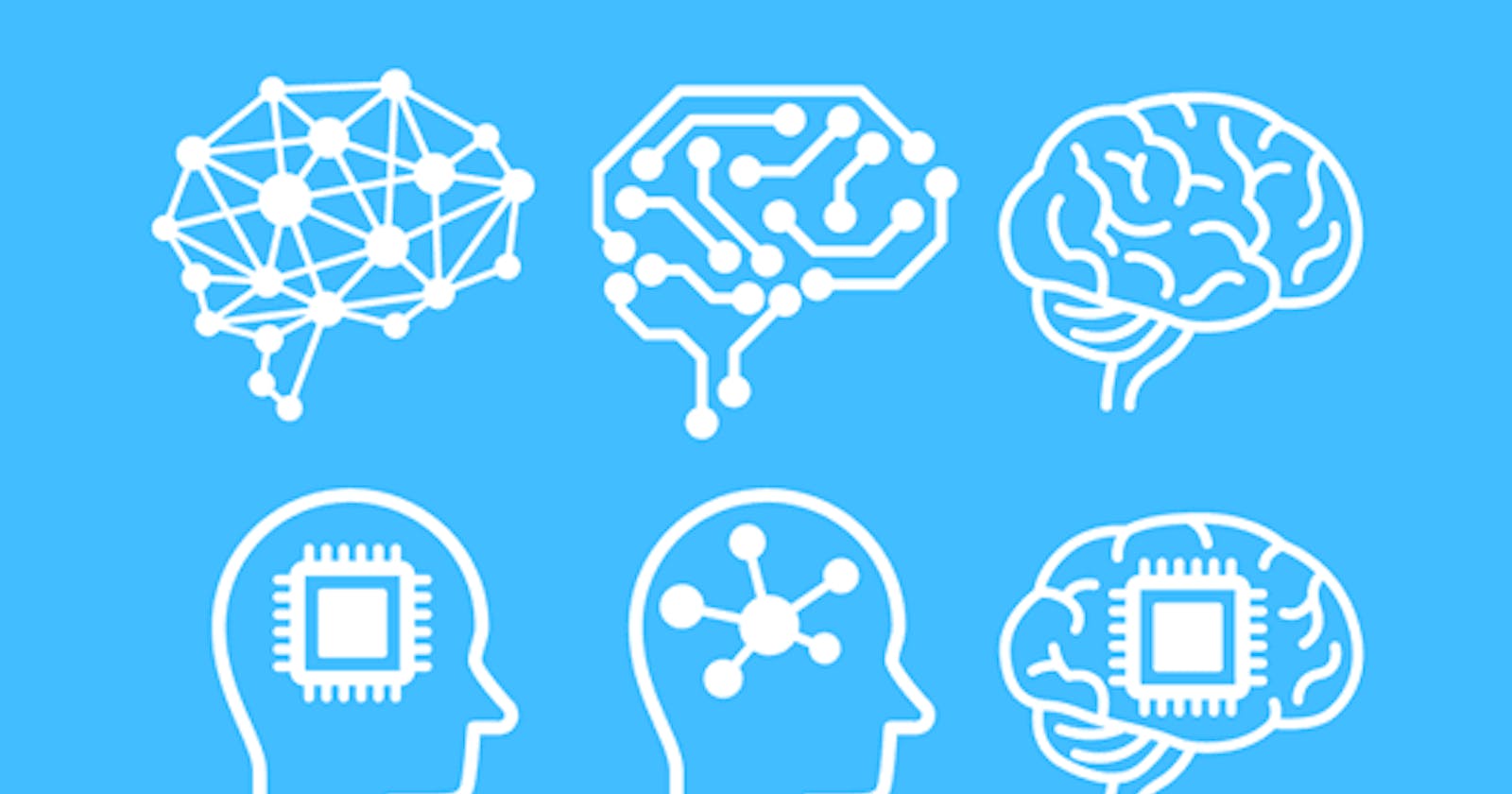What is an AI model?
There's this concept called the technological singularity, which is a point in time where technology will advance so fast that it will be imperceptible and impossible to control. These days, with all the news about improvements in AI and advanced computing, it almost feels like we're slowly approaching that point.
And with all the new developments comes a lot of terminology that isn't always properly understood. Hopefully, this week's post can help clear up one in particular.
I've been using ChatGPT quite a lot recently, and when I delve into topics involving AI and new advancements in chat systems, I've heard the term "AI model" a couple of times.
I would say the best way to understand AI models is to focus on the word "model". Imagine a simplified or scaled-down version of something that is "on display."
You can think of AI models in a similar fashion, I think. Take what you might think of when you imagine artificial intelligence and scale it down.
AI models will use data that is provided to them to find patterns. It can then perform an analysis on this data and make some predictions.
Don't be confused by the "AI" part of AI models. It's important to understand that an AI model is not self-aware or sentient. While they can be built upon a very complex algorithm, they are often relatively simple programs designed to perform a series of tasks based on provided instructions or functions. They do not grow or learn beyond what they are programmed to do.
"AI mathematical models are statistical functions designed to predict the behaviour of a certain scenario."
Ray Sulewski, Award Solutions, Inc
/https://www.youtube.com/watch?v=8gLdN8WoMak&ab_channel=AwardSolutions%2CInc
That being said, AI models can do a better job at what they ARE designed to do with more data.
The more data an AI model is given, the more effective it might be at finding patterns and forming conclusions. A good example of this is the data that many websites collect on their users.
For instance, Youtube will try to match content based on the videos you have watched, and the amount of time you've spent watching them. At first, the algorithm will have little to work with and may bombard a user with a narrow type of content. But over time, it can get better and better at predicting what kind of content you might be interested in.
An AI model will typically be given a large amount of data to process to test its accuracy and effectiveness. Data and AI engineers can continue to make improvements to how the AI model handles data over time.
AI models can be very useful tools for us to use. They can be used to solve repetitive or menial tasks that might otherwise be very time-consuming or prone to error. Data-entry work could be made very trivial with the use of an AI model.
I think AI models manage to appear convincing enough in their ability to process data and give us back results that I think they are very impressive. As consumers, we have access to advanced tools like these in more aspects of our lives, and I think this will create a need to further develop what we have today and keep driving technology to new heights.

